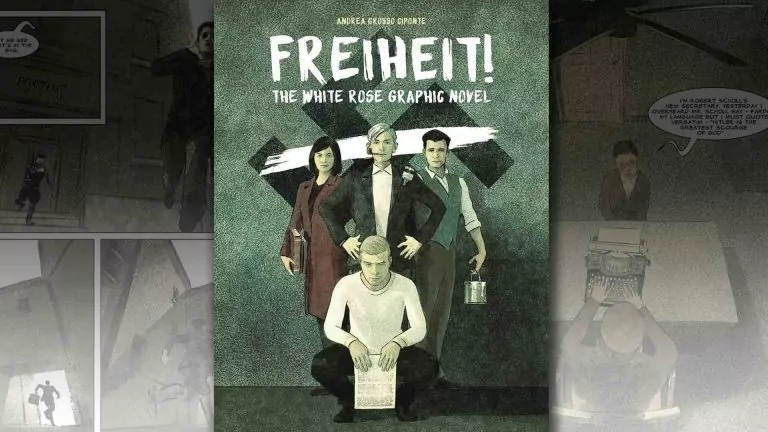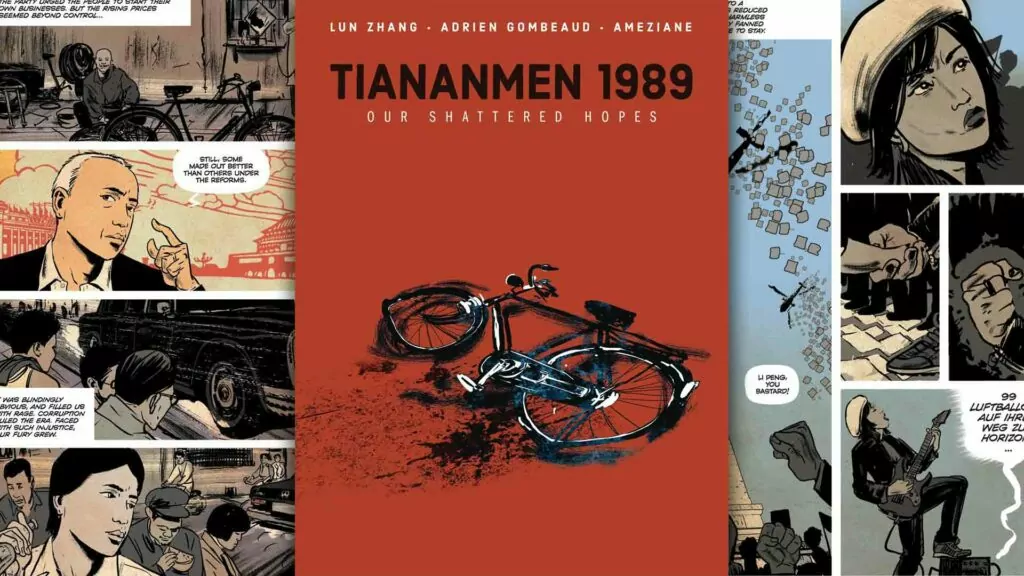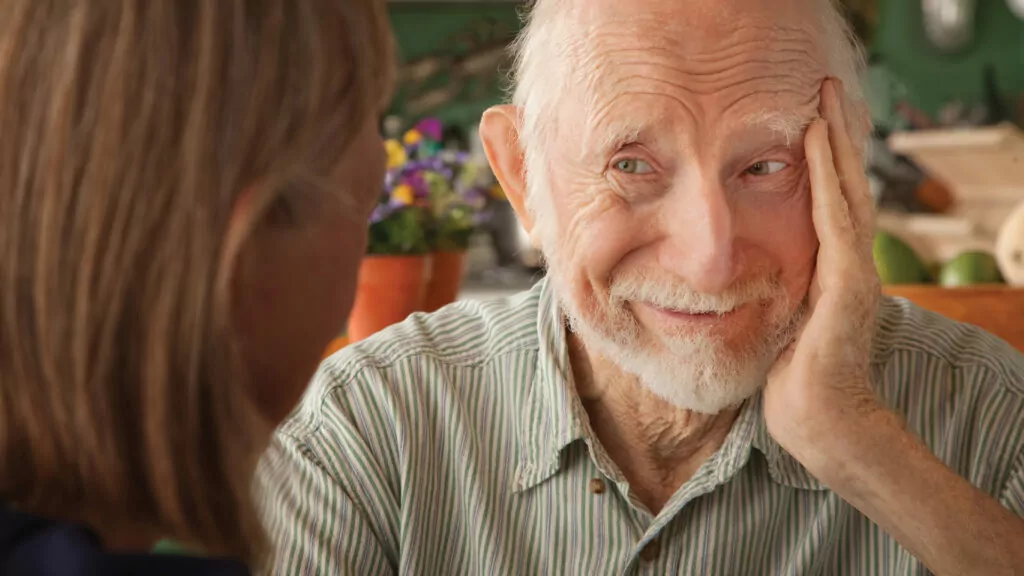by Andrea Grosso Ciponte
110 pages / 2020
I grew up reading stories about the Dutch resistance during World War II, and it was only years later that I realized the Germans had their own committed dissenters. Freiheit! is the story of one such group, “The White Rose.” These university students wrote and distributed pamphlets urging Germans to rise up and actively resist their government. The problem, they said, was not that everyone supported Hitler, but that too few opposed him – too many were being silent bystanders. “We are your guilty conscience” their pamphlets declared, as the group tried to prod their fellow Germans to oppose Hitler, not just in thought, but in deed.
The White Rose story doesn’t have the happy ending we’d want: within a year the group’s leaders – all of them 25 or younger – were caught and executed by the Gestapo. But their bravery inspired others, and when the Allies got a hold of their pamphlets they ended up using quotes from the final one in a flyer, and dropped five million copies of it as leaflets over Germany.
Today that willingness to stand up to wicked leaders, no matter the cost, continues to inspire. That’s the appeal of this graphic novel – this is good food for our own young men and women. The White Rose’s pamphlets, translated and printed in the back of this graphic novel, make it clear that there were some Christian underpinnings to what they were doing.
Andrea Grosso Giponte’s art style is effective, and unlike anything I’ve seen before, at times photo-like, but of the low-resolution newspaper sort, and with the sort of angles and shadows that made me feel like I was watching an artsy spy movie. Check out the book trailer below to see what I mean.
The story is a bit jumpy, so this isn’t a graphic novel for pre-teens. It requires some work from the reader because the author isn’t holding our hand, explaining every last thing. He expects us to think through and fill in what must have happened between those jumps. It is worth the effort. I’d recommend this for 16 and up, not because of any content cautions, but only because of the effort it requires.
If Freiheit! is of interest, you may also enjoy The Faithful Spy, about German pastor Dietrich Bonhoeffer and a plot to kill Hitler.













